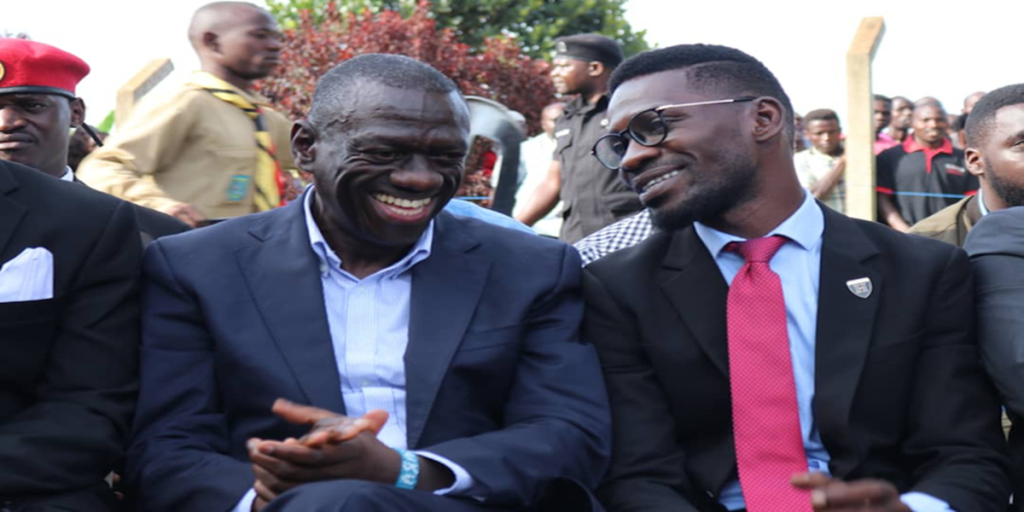Uganda Opposition leader Bobi Wine after his visit to Kizza Besigye in jail on Friday reported that he was in “good spirits.” Wine condemned the Ugandan government’s actions and called on Kenya to “take corrective measures” to prevent future incidents like this.

Meanwhile the Ugandan government spokesperson Chris Baryomunsi confirmed on Friday that the arrest of opposition figure Besigye in Kenya was conducted with Nairobi’s knowledge.
This statement came two days after a senior Kenyan official announced an investigation into the incident.
Uganda has faced international criticism after Besigye, a prominent opposition leader, was abducted in Nairobi and later appeared in a Kampala court on Wednesday. Kenya initially denied any involvement in the arrest of the 68-year-old, a retired medical doctor and long-time critic of Ugandan President Yoweri Museveni.
Baryomunsi emphasized that “without Kenya’s involvement, it would not have been possible for Besigye to cross into Uganda.” He also highlighted that the two countries regularly share intelligence that is not made public for the benefit of their bilateral relations.
These remarks follow statements by Kenya’s foreign ministry permanent secretary, Korir Sing’Oei, who expressed regret over the incident and confirmed that an investigation had been initiated.
Besigye appeared in a military court on Wednesday, where he was charged with possessing two pistols and allegedly soliciting support from Uganda, Greece, and other countries to undermine Uganda’s national security. Besigye denied the charges, asserting that he was now a civilian and should not be tried in a military tribunal. He was remanded to Luzira prison until December 2.
The Ugandan government has justified the arrest, with Baryomunsi stating that international treaties and agreements between countries allow for extraditions, meaning arrests can occur across borders.
UN Secretary-General Antonio Guterres’ spokesperson expressed “extreme concern” over Besigye’s situation. International rights groups, including Amnesty International, have condemned the abduction, calling it part of a troubling “trend of transnational repression” in Kenya.
Last month, Kenya acknowledged its role in the forced repatriation of four Turkish refugees, who were abducted and returned without due process. Uganda has escalated its crackdown on opposition figures recently. In July, 36 members of the Forum for Democratic Change (FDC)—the party Besigye founded—were deported from Kenya and later tried in Uganda on terrorism charges.


